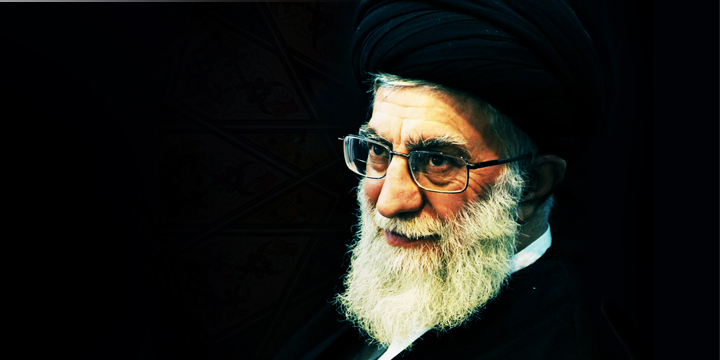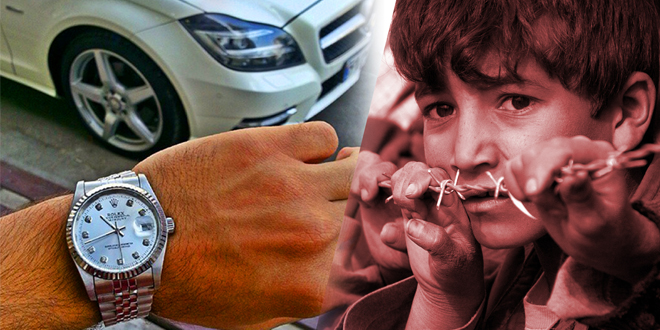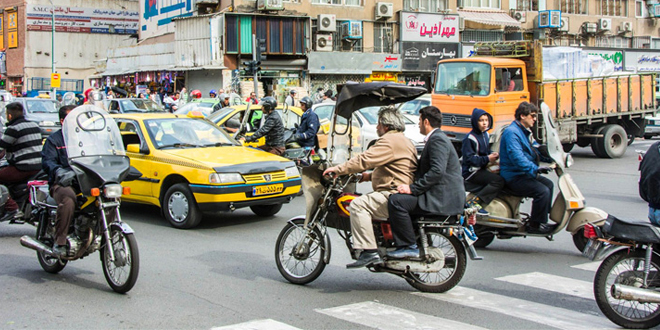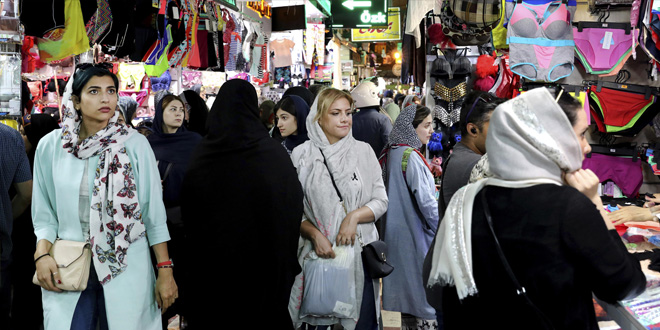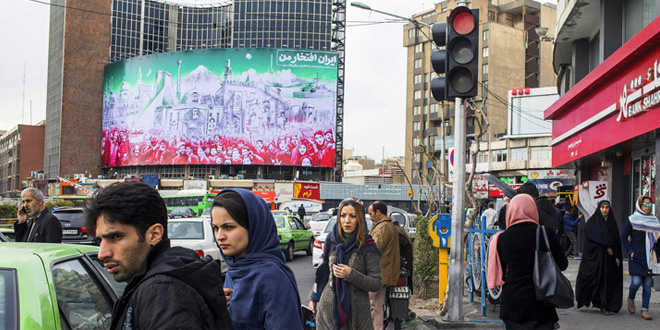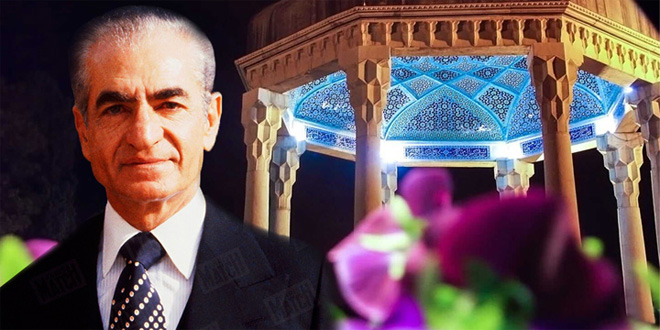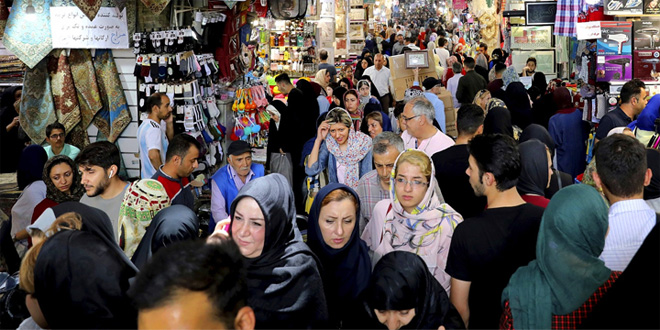We begin tonight’s edition of A Window to the Fatherland with Dr. Alireza Nourizadeh reading one of his poems from the book of his collected works.
Dr. Alireza Nourizadeh:
Tonight we speak to our special guest Dr. Mohammad Hossein Sadigh Yazdchi who would share with us his views about why the Constitution Revolution of 1905 in Iran was made by a handful of educated elite and so much sacrifices by the likes of Sattar Khan, but only five clergies’ rulings affected the outcome of this secular revolution which finally ended in the complete victory for the religious establishment in 1979 revolution.
Dr. Sadigh Yazdchi:
The question is much more complicated than this. It must be why the Iranian people did not follow the ideals and thoughts of those who wanted to establish theprinciples of the constitution revolution and those ideal were only limited to the elite.
The fact remains that there had been many obstacles on the path of realizing those ideals which continued up until the 1979 revolution, which finally resulted in the clerical regime overwriting the secular 1905 revolution.
It was not just the despotic system of the Qajar’s monarchy that was the target of the constitution revolution. It had to demolish many other entities that were related to this system, including the aristocracy, the feudalism, warlords and powerful families, to be able to establish a workable secular system of governance for Iran.
We must note that Iran’s traditional political culture has been a religious one since many centuries ago. The definition of Iranian nation had long been structured around religious identity as a people who followed Shia Islam, which provided them with a security against the Sunni countries that encircled it.
That is why the secular constitution revolution of the 1905 could easily be redirected towards a religious path, which was finally overturned completely in 1979 revolution.
 khalijefars News, Blogs, Art and Community
khalijefars News, Blogs, Art and Community
